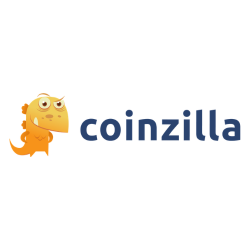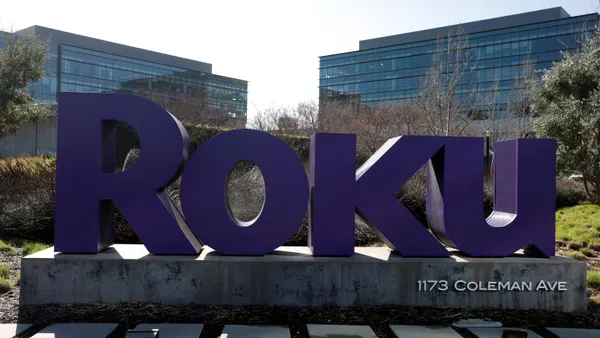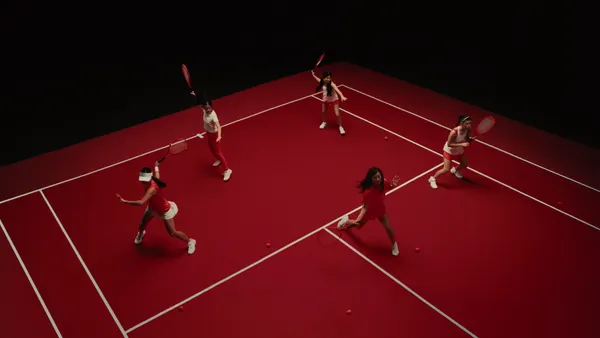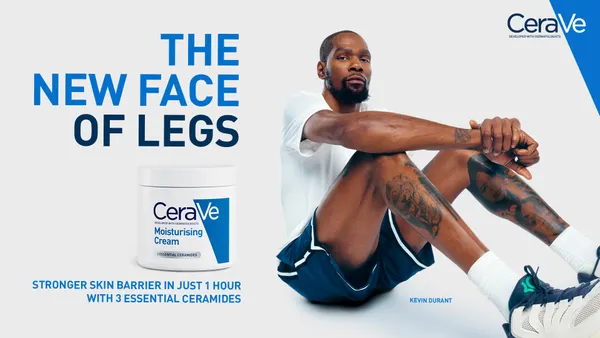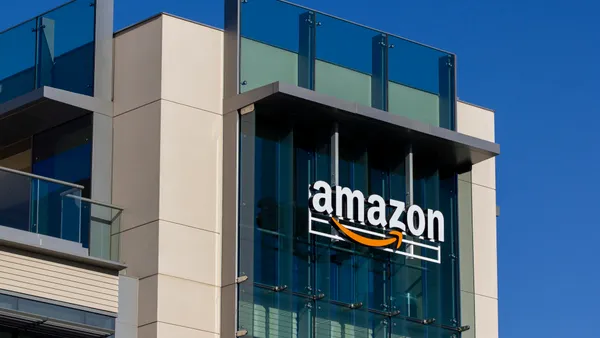Dive Brief:
- In-game virtual reality advertising aids same-day recall for 70% of viewers across formats like pre-roll video ads, branded logos in-game and 3-D branded objects inserted into interactive gameplay, according to findings from a YuMe study done with Isobar, Rlty Chk and RetinadVR. Pre-roll VR video ads were the best performing format with a 90% recall rate.
- Seventy-four percent of respondents said the VR ad experience was less intrusive than "normal" digital ads and 69% said the VR ads were well-integrated. The study also suggested that the high emotional engagement of multiplayer VR gaming offers both an opportunity and a challenge for in-game advertising. A "skin conductance" measurement found that emotional arousal is 4x higher for VR game content compared to regular 2-D video content, meaning in-game ads have the potential for a higher level of recall but they also have to be noticed via highly engaging gameplay.
-
"We believe the strong emotional engagement of VR gaming provides a great context for placing advertisements," Jeremy Pincus, Ph.D. and vice president at Isobar, said in a statement. "We see strong emotional engagement in both the overall experience and during exposure to each of the ad units, as measured through multiple biometric channels, including brain waves, facial muscle contractions, skin conductance and heart rate changes."
Dive Insight:
Marketers are still trying to understand if and where VR fits into their advertising strategies, but the new study shows that the medium continues to hold a lot of promise amid what's otherwise been a period of sluggish adoption. The findings should be viewed in the context that not a lot of big-name brands have adopted truly immersive VR ads and also that VR advertising options are still relatively new. Some of the high level of engagement uncovered in the study could also stem from the sheer novelty of interacting with a VR experience.
From the consumer end, VR has remained largely relegated to niche audience segments like gamers, which the study examined closely. Facebook has led a lot of the industry conversation about VR with its Oculus division, which recently rolled out a new slate of hardware and is ramping up its first global advertising campaign in a bid to draw more interest from both the gaming community and eventually more mainstream users.
The analysis of brand recall for in-game assets like branded logos and 3-D branded objects might be interesting for marketers, especially as many look to more closely tie their brands to the lucrative gaming industry, which is forecast to have revenues of around $109 billion this year. Coca-Cola, for example, is "sponsoring" an in-game character in EA Sports' "Fifa 18."






